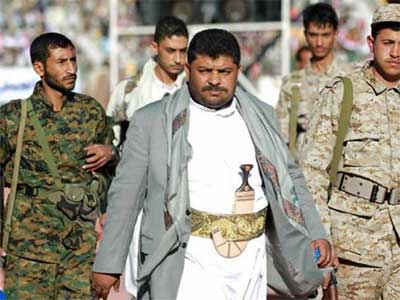US Decision to designate the Houthis (Ansar Allah) a foreign terrorist organization and United Nations reaction
On 10 January this year , the former United States Secretary of State, Michael Pompeo, announced the designation of the Houthis (Ansar Allah) as a foreign terrorist organization and a specially designated global terrorist entity. The designation entered into effect on 19 January. Following the initial announcement of the US decision, UN officials and independent humanitarian organizations, such as the International Committee of the Red Cross and 19 international NGOs operating in Yemen to deliver humanitarian assistance, have called for a reversal of the designation.
In a briefing to the Security Council on 14 January, UN officials expressed deep concern about the adverse humanitarian impact the designations would have on the Yemeni. It is mention worthy here that Yemen depends on commercial imports to bring in nearly all its food and everything else.
Who are houthis in Yemen:
The Houthis are Zaydi Shiites, or Zaydiyyah. Shiite Muslims are the minority community in the Islamic world and Zaydis are a minority of Shiites, significantly different in doctrine and beliefs from the Shiites who dominate in Iran, Iraq, and elsewhere (often called Twelvers for their belief in twelve Imams). The Houthi movement (known formally as Ansar Allah), which champions Yemen's Zaidi Shia Muslim minority and fought a series of rebellions against Saleh government during the previous decade, took advantage of the new president's weakness by taking control of their northern heartland of Saada province and neighbouring areas.
Disillusioned with the transition, many ordinary Yemenis - including Sunnis - supported the Houthis, and in late 2014 and early 2015 the rebels gradually took over the capital Sanaa. The Arab Spring came to Yemen in 2011. The Houthi movement was one part of the wide national uprising against Saleh. It was primarily concerned with advancing the narrow interests of the Zaydi community, not surprisingly.
The Houthis emerged as a Zaydi resistance to Saleh and his corruption in the 1990s led by a charismatic leader named Hussein al Houthi, from whom they are named. They charged Saleh with massive corruption to steal the wealth of the Arab world’s poorest country for his own family, much like other Arab dictators in Tunisia, Egypt, and Syria. They also criticized Saudi and American backing for the dictator.







